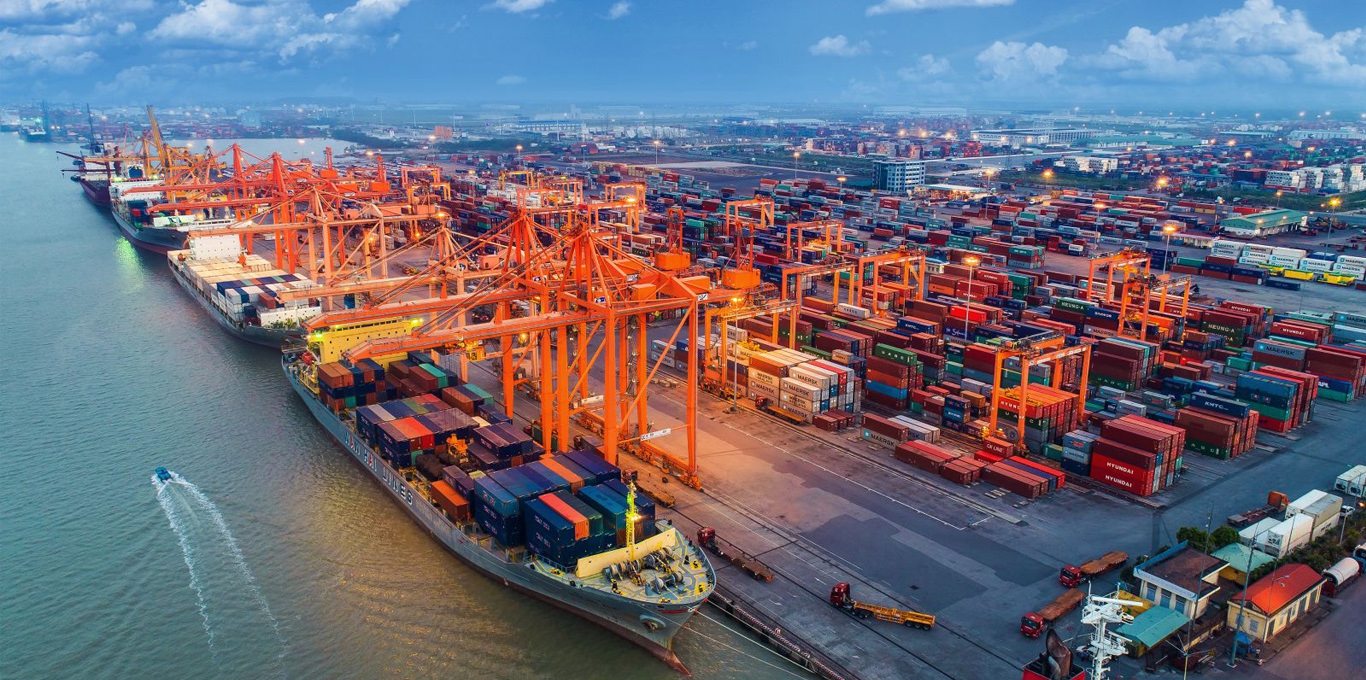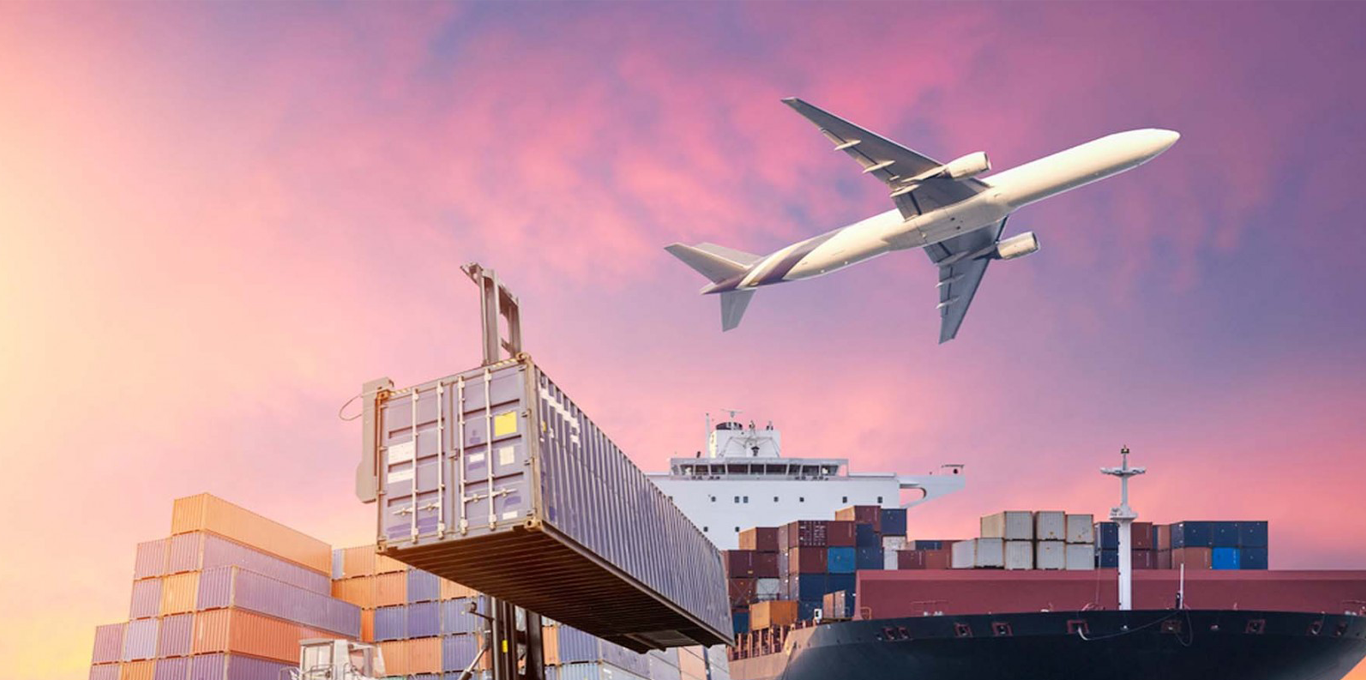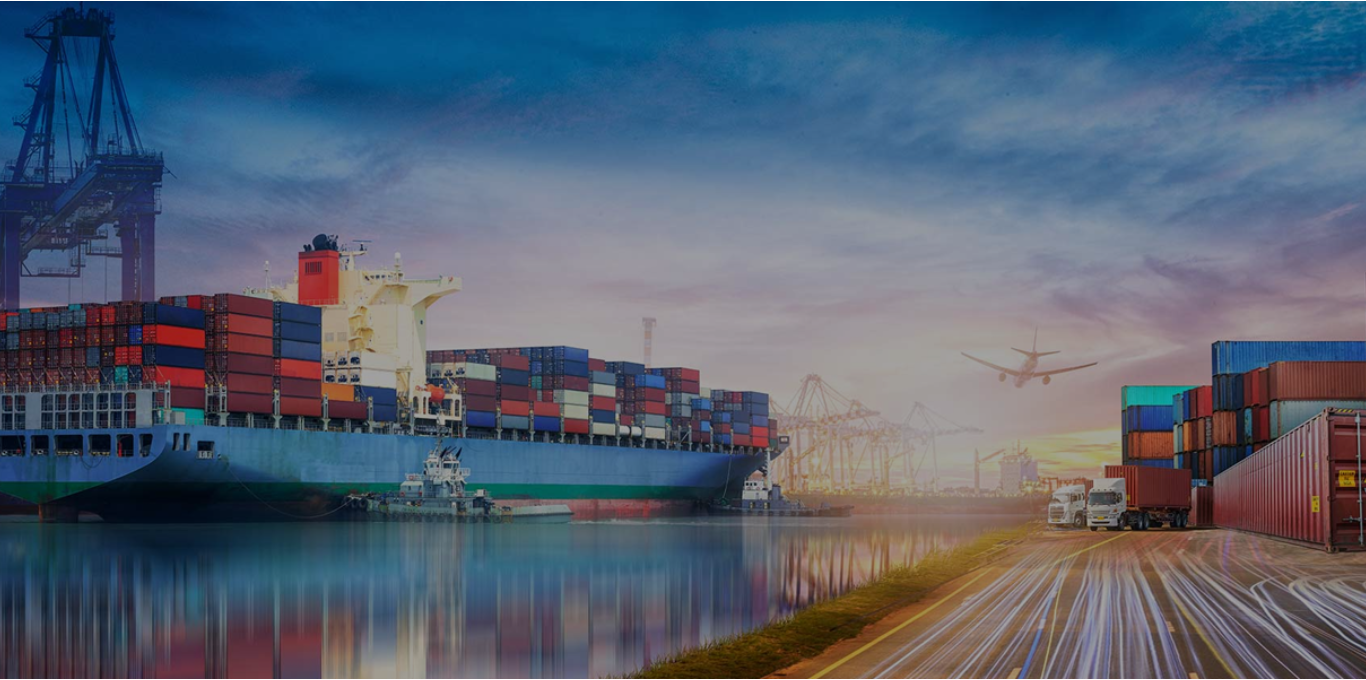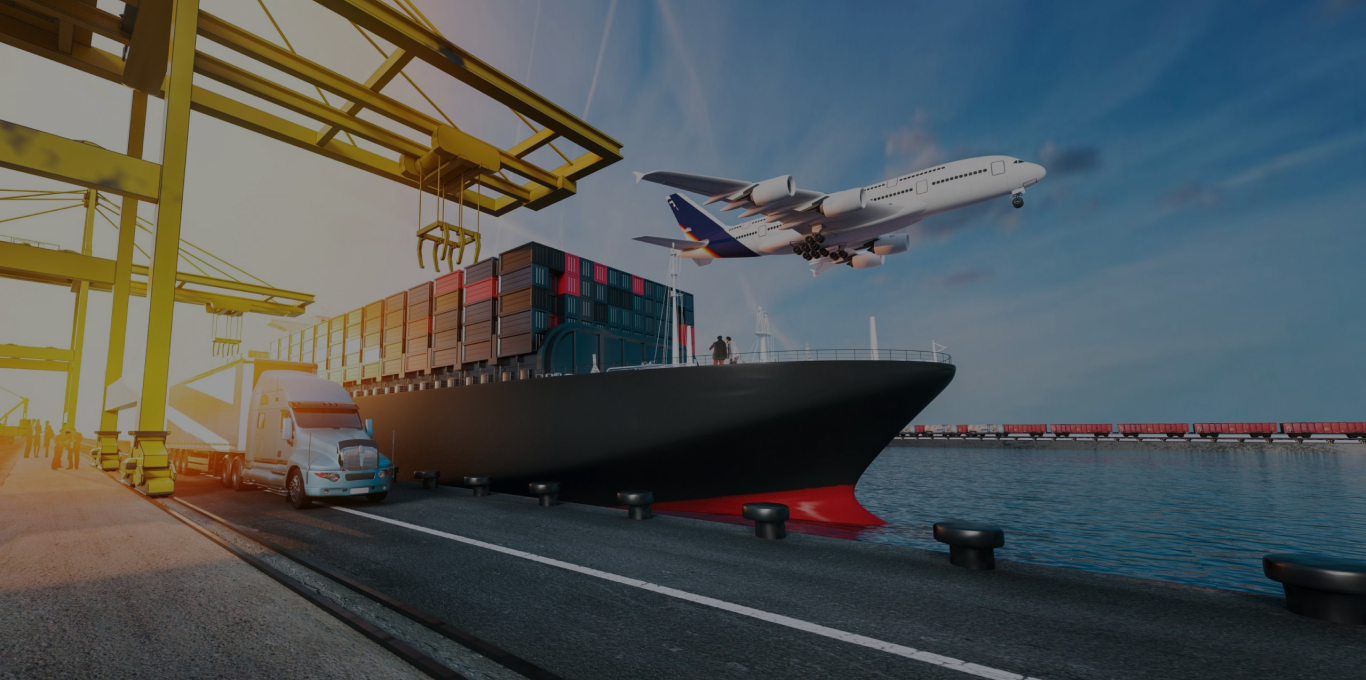Digital transformation helps optimize operations, improve customer experience, and create sustainable business models, according to business leaders in the shipping and forwarding industry.
The next issue of DxTalks has the theme "Promoting the shipping and transportation industry with digital technology", sharing stories surrounding how technology changes the logistics field. Speakers in this number include Mr. Cap Trong Cuong, member of the Board of Directors of Vietnam Container Corporation Viconship Joint Stock Company; Mr. Do Huy Binh, General Director of Smartlog Supply Chain Solutions Joint Stock Company. Leading the sharing session was Mr. Pham Thanh Dai Linh, Director of Digital Transformation Consulting FPT Digital.
Opening the sharing, Mr. Cap Trong Cuong looked back at the picture of the shipping industry over the past time. He said that previously the industry faced a sad situation: domestic logistics prices were high but Vietnamese businesses in the field only enjoyed very low profits. The reason is due to cumbersome operation, poor productivity and having to hire high-priced international transport. When foreign units come to Vietnam, domestic businesses lose in many aspects. The first loss is process, followed by technology. Viconship leaders likened the period about 20 years ago to working as a hired laborer on their own turf.
However, this gradually changes when businesses and some large corporations enter the playing field, creating supporting tools and software.
Mr. Cuong recounted the time 20 years ago when FPT supported Viconship with its first technologies such as TMS (Transport Management System - transportation management software). At that time, TMS could not operate or update in real time. However, with only simple software, plus reasonable allocation, Viconship successfully improved productivity and reduced the number of workers when operating the port in Hai Phong. "Thanks to technology, our productivity is higher than our competitors, mainly due to faster ship release time," Mr. Cuong said.
Also thanks to the application of software, Viconship's profit margin increased higher. At the same time, the unit went to countries such as Singapore and Thailand to study and learn about technology applied in receiving and shipping goods, and warehouse operation management. According to Mr. Cuong, the result of the investment process is to cut costs and increase competition. "Digital applications at that time helped greatly reduce the error rate," Viconship representative affirmed.
Summarizing the development of the shipping industry in Vietnam, Mr. Cap Trong Cuong said that after two decades, technology has advanced and been applied in every stage. For example, the customs clearance process two days ago was a success. To date, this process can take 20 minutes, up to 8 hours.
As a technology company in the logistics industry, Mr. Do Huy Binh, General Director of Smartlog, has different perspectives when accompanying and providing solutions for businesses. According to him, digital transformation with logistics is an arduous journey because the level of acceptance and investment is not as high as the manufacturing or retail industry. The reason comes from low profit margins and extensive processes. The team's technological capacity is not high.
Besides the barriers, Mr. Binh believes that the lucky point is that customers and shippers of logistics businesses are also converting digitally. This pushes businesses to follow suit to keep up with the pace of development. Understanding this, Smartlog and businesses together created the first system to help monitor delivery progress. From feedback, the unit continues to improve, launching more products and technologies. To date, Smartlog has accompanied digital transformation for more than 100 large businesses and many small businesses.
"We try to create a digital platform so everyone can cooperate and develop. This journey still has many barriers but we are trying to overcome them," Mr. Binh said.
Agreeing with Mr. Binh's sharing, Mr. Cap Trong Cuong affirmed that difficulties in digital transformation still exist but the benefits cannot be denied. According to Mr. Cuong, logistics businesses need to quickly apply digital technology to avoid falling behind due to increasing productivity and accuracy requirements. In addition, units need to build information systems and connect communities in the field to increase efficiency and share information more effectively.
Continuing the sharing session, the speakers affirmed that what businesses lack is the mindset of bringing products globally - something that already exists in units in Malaysia, Indonesia, and Thailand. This mindset will promote comprehensive digitalization of businesses. The parties also need to agree to create common standards to coordinate, share information, and ensure data security.
The content of the Dx Talks session then opened up a new perspective on digital transformation, parallel to green transformation. Mr. Cap Trong Cuong said these are two almost mandatory trends in the market today. In the maritime sector, the larger the scale of the business and the global partner network, the more mandatory green transformation requirements are to meet the standards of these markets.
Digital transformation helps optimize processes, operations, and reduce paperwork. Green transformation meets environmental standards. With the maritime industry, Mr. Cuong, for example, can use electricity to replace diesel, providing power for ships when docked to reduce emissions. "Combining digital transformation and green transformation not only helps save costs but It is also an inevitable trend for businesses to develop sustainably in the future," the speaker commented

Mr. Pham Thanh Dai Linh, Director of Digital Transformation Consulting FPT Digital, said that the above two trends demonstrate the competitiveness of businesses. This requires the internal transformation process of the unit and requires the participation of the entire supply chain. One of the challenges is the level and efficiency of using information technology systems. Specifically, the ability to change, upgrade, and adjust the system to be able to connect all information across the logistics value chain. This is to bring the best value to each unit in the system. That is also the new benefit brought about by comprehensive digital transformation.
The speaker said that digital transformation is a tool for the greening process. The transportation industry has the largest carbon emissions, including ships, cars, trucks, and motorbikes. Digital transformation helps measure carbon emissions and then propose appropriate solutions. For example, businesses can switch deliveries from day to night to use large trucks into the city, reducing carbon emissions more than small trucks. Units should aim to reduce emissions through reducing the number of vehicles or the distance traveled.
Another aspect also shared is the problem of human resources. The digital transformation process must be accompanied by experts and trained personnel, helping them build technological capacity, see the gaps in the process and then come up with solutions. The speaker hopes that in the future there will be many training facilities and specialized study programs in the field of logictics, especially in engineering and analysis. Curriculums need to delve deeply into data science, analysis, and statistics so that learners have the ability to dig deep into the roots of the problem.
"If not equipped with these skills, personnel will act like machines that cannot dig deep, understand, overcome, and comprehensively improve," the speaker assessed.
At the end of the Dx Talks session, the speakers affirmed that challenges always exist. The logistics and shipping industry in Vietnam is in a transition period. However, applying new technology platforms in digital transformation will help businesses gradually optimize operations, improve customer experience as well as create new business models, pursuing the goal of sustainable development. solid.
Hoai Phuong
https://vnexpress.net/chuyen-doi-so-thay-doi-toan-dien-nganh-van-tai-bien-va-giao-nhan-4753572.html











